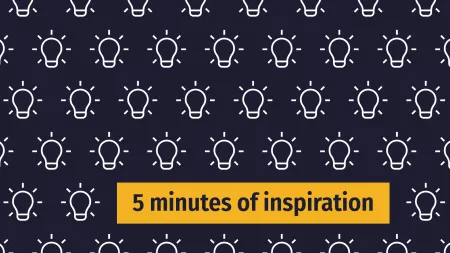“…I received different trainings then I realized that I have the potential and so began to engage in business. Now I am always thinking about expanding and engaging in new opportunities.…” That’s what one woman had to say about Food Sufficiency for Farmers and its effect on her life.
Other women specifically talked about the VSLA, “We own it and have a sense of ownership” and “Our VSLA help us address collective social problems.” This sense of reclaiming their own potential has had huge impacts for families in Ethiopia. Among other improvements—women are starting to close the gap between men and women, and men are helping them. Microfinance institutions are starting to implement “women first” customer service policies, and men are doing more chores around the house.
Food Sufficiency for Farmers (FSF) ran from 2013-2018 in Ethiopia with $12 million in funding from Global Affairs Canada. They reached 67,874 people directly and 171,544 indirectly.
What have we accomplished?
- Incomes went up 70%: Average annual income went from $270 to $459 USD. For women, income almost doubled, from $212 to $422. As one woman says, “…now I count my money in thousands...which we never thought would happen in our lifetime.”
- Women have more access and control over resources: Women are 55% more likely to access productive resources, 54% more likely to control resources, and 28% more likely to make decisions about how families use resources. Families have $670 in additional assets.
- Families have more food: 80% of families said that the hungry season got shorter because of this project.
- Closing the gap between men and women: The gaps between men’s and women’s average annual income, use of agricultural techniques to cope with climate change, and access to finance got smaller. Women went from being 13% of loan holders to 21%.
- Men help more around the house: Women are 54% more likely to say that men in their family help with household chores.
- Women are more satisfied with government services: On a scale of 1 to 4, women’s average score for the quality of government services went from 1.8 to 3.9.
How did we get there?
- Work on access to finance: The project helped 67,874 VSLA members save more than $1.3 million and access $3.4 million in loans through the VSLA. They also helped 7,293 people get $1.6 million in loans from Micro Finance Institutions.
- Partner with the government: FSF worked with local and regional governments and tailored program design to government policies. They also helped local government officers build skills in data collection and analysis.
- Connect communities to governments: FSF helped set up Community Score Cards, Food Security Task Forces, and other mechanisms so communities could participate in planning and monitoring government projects.
- Start with gender analysis, and get the communities involved: The project got communities involved with the Social Analysis and Action process to identify challenges around gender and women’s empowerment, and had communities participate in a gap assessment. As a result, 95% of people (and 97% of women) said the project responded to their needs.
- Provide livelihood alternatives: The project helped 89% of participants adopt Climate Smart Agriculture Practices, distributed drought-tolerant seeds to nearly 45,000 farmers, and helped more than 33,000 people set up or improve small businesses. They also worked with families that do not own land to find reasonable alternatives to earn income.
Want to learn more?
Check out the evaluation.
